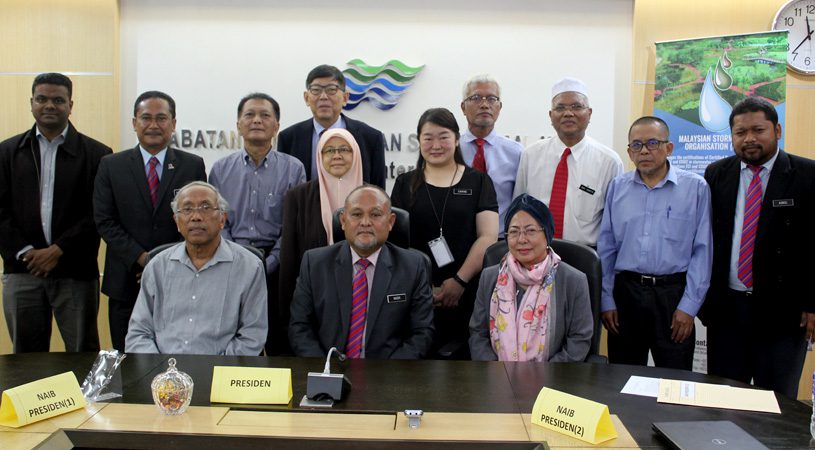Our History
Malaysian Stormwater Organization (MSO) was founded in 2008.
Our History
In Malaysia, as in almost all other developing countries, erosion and sediment control (ESC) is a huge problem that remains to be properly addressed in land development activities. The problem is made worse for Tropical regions where average annual rainfall exceeds 3000 mm (120 inches) resulting in heavy soil loss and badly impaired rivers throughout the region. On a global scale, there are undoubtedly impacts on not only fish and aquatic life in the rivers, but also in the coastal areas where fish life is already depleting from a myriad of other pollution sources. To try and address these problems, ESC Plans (ESCP) were made mandatory for the construction sector in 2004 in Malaysia.
However, plans were mostly poorly prepared and ineffective due to a general lack of competency in ESC among consultants and regulators. In 2006, four Malaysians met up with the board of CPESC Inc, at their meeting in Denver, Colorado. This meeting was arranged by a Malaysian engineer, Ir Leong KW, who had worked in the US for 20 years previously. They made a request that the CPESC program be extended to Malaysia and the certification exams conducted locally. In 2007 the first CPESC exam was held in Penang and in 2008 the Malaysian Stormwater Organization (MSO) was founded as a non-profit association to promote awareness and competency in stormwater management, especially ESC, to government regulators as well as private sector consultants and contractors. In 2013, MSO signed an agreement with EnviroCert Int (ECI), the new parent body for CPESC, as a new chapter for the region.
More than 400 registrants have been registered with (ECI) as CPESC, CESSWI and CPSWQ since 2007. The programs led the Dept of Environment to make it compulsory for only CPESC, or equivalent certifications, to prepare ESCP for projects requiring Environmental Impact Assessment (EIA) in 2011. Similarly, a CESSWI/MY-CISEC certification was required for inspectors.

